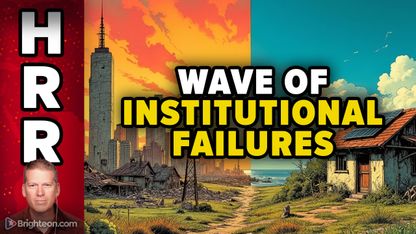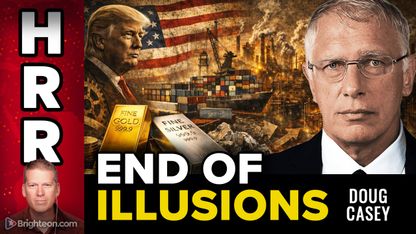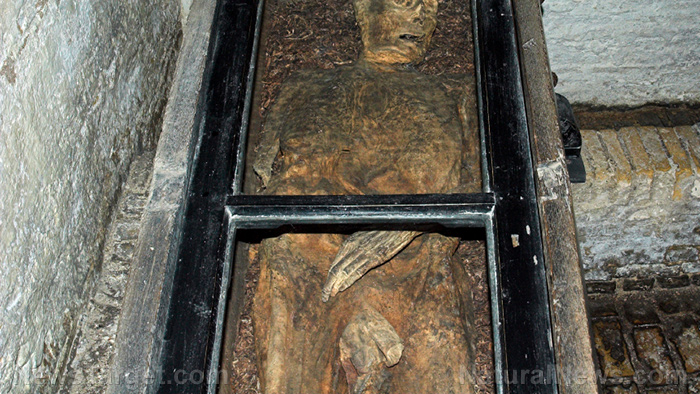
Lawmakers and human rights activists in India on Monday, April 26, slammed Twitter's decision to remove dozens of tweets seen to be critical of the Indian government's handling of the Wuhan coronavirus (COVID-19) pandemic.
Twitter, which has about 17.5 million users in India, removed 52 tweets after a legal request by the Indian government on Friday, April 23. These included tweets from a sitting member of India’s Parliament, two filmmakers, an actor and a West Bengal state minister.
Twitter says it notified the account owners of the censored tweets to make them aware that the action was taken in response to a legal request from the government of India.
"When we receive a valid legal request, we review it under both the Twitter Rules and local law. If the content violates Twitter's Rules, the content will be removed from the service," stated a Twitter representative. "If it is determined to be illegal in a particular jurisdiction, but not in violation of the Twitter Rules, we may withhold access to the content in India only."
"In all cases, we notify the account holder directly so they’re aware that we've received a legal order pertaining to the account," they added.
It wasn't clear if any of the tweets violated Twitter Rules. India's Ministry of Electronics and Information Technology did not respond to a request for comment.
Critics are blaming Prime Minister Narendra Modi's government and state authorities for the recent surge of new COVID-19 infections in India. They say that the government let its guard down earlier this year, allowing big religious and political gatherings to take place when cases fell to below 10,000 a day.
The country's new coronavirus infections hit a record high for the fifth day in a row on Monday, rising to about 353,000 cases. (Related: Post-vaccine variants: India discovers new "double mutant" Wuhan coronavirus strain.)
Prominent figures not exempt from censorship
"Questioning the government of India's decision to allow mass gatherings – where people from all across the country gathered and violated COVID safety protocols – cannot be called 'violating any laws of the country,'" said Pawan Khera, a spokesman for the opposition Congress party, whose tweets were among those censored.
The law cited in the government's request to Twitter is the Information Technology Act, 2000. It allows authorities to order the blocking of public access to information to protect "sovereignty and integrity of India" and maintain public order.
One of the censored tweets was posted by West Bengal State Minister Moloy Ghatak who accused Prime Minister Modi of downplaying the seriousness of the COVID-19 pandemic.
"India will never forgive PM @narendramodi for underplaying the corona situation in the country and letting so many people die due to mismanagement. At a time when India is going through a health crisis, PM chose to export millions of vaccine to other nations," the tweet read.
Twitter reportedly made public disclosure of the take-down notices on Lumen Database, which receives and publishes disclosures from private entities, including social media companies, of legal takedown notices they get from governments and private entities all over the world.
Other prominent figures censored by Twitter on the request of the Indian government are Revanth Reddy, a sitting Member of Parliament; actor Vineet Kumar Singh; and filmmakers Vinod Kapri and Avinash Das.
Internet Freedom Foundation, a digital rights group in Delhi, said in a statement that there is a "lack of transparency" in the government's order to delete the Twitter posts.
"What is clear is there are more directions being issued across social media platforms in India," it stated.
Mirza Saaib Beg, a lawyer whose tweets were among those withheld, said that suppression of information and criticism of the government "is putting people around the world at risk."
"Freedom of inquiry is an intrinsic part of freedom of speech and expression. These restrictions are further reflective of the weakening of all institutional spaces in India," said Beg. (Related: Social media censorship reaches new heights as Twitter permanently bans dissent.)
Twitter's new censorship buddy
Earlier this year, Twitter withheld hundreds of accounts on the request of the Indian government on grounds that users were posting misleading content related to farmers' protests near Delhi. But the social media giant did not fully comply with the government’s order, which is to take down more than 1,100 accounts and posts.
It permanently suspended over 500 accounts for engaging in platform manipulation and spam. For many others, it only restricted access within India and their tweets can still be read abroad. Twitter did not go into detail on how it made decisions on which accounts to restrict, although the company said it believed some of the take-down orders were not consistent with Indian laws.
"In keeping with our principles of defending protected speech and freedom of expression, we have not taken any action on accounts that consist of news media entities, journalists, activists and politicians," Twitter said at the time.
Twitter's defiance has riled Modi's government. The country rebuked Twitter for not complying with the orders and warned the social media giant that it needs to obey local laws. Indian lawmakers even urged their followers to switch to homegrown social media platform Koo.
Follow Censorship.news for more news and information related to the suppression of freedom of speech by governments and Big Tech.
Sources include:
Please contact us for more information.




















